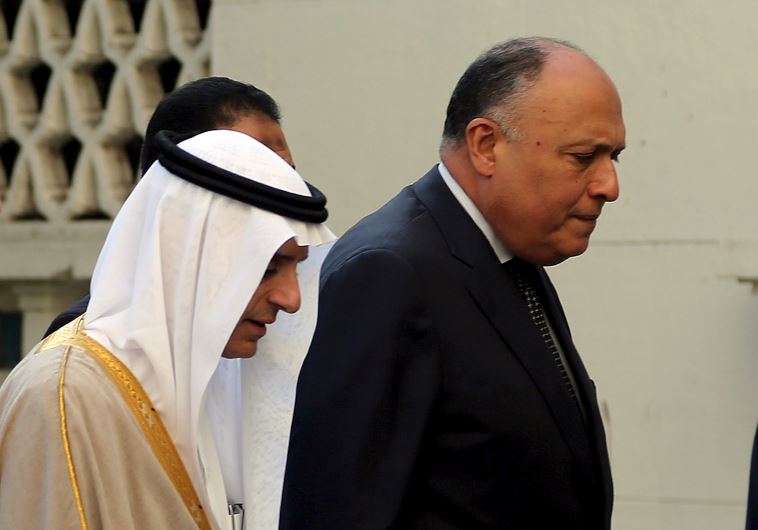Analysis: Saudi-Egypt deals part of Gulf effort to unite Sunnis against Iran
Some remain skeptical about the effectiveness of Saudi led efforts of unifying status-quo Sunni powers against Iran.
 Saudi Foreign Minister Adel al-Jubeir and Egypt's Foreign Minister Sameh Shoukry Updated:
Saudi Foreign Minister Adel al-Jubeir and Egypt's Foreign Minister Sameh Shoukry Updated: